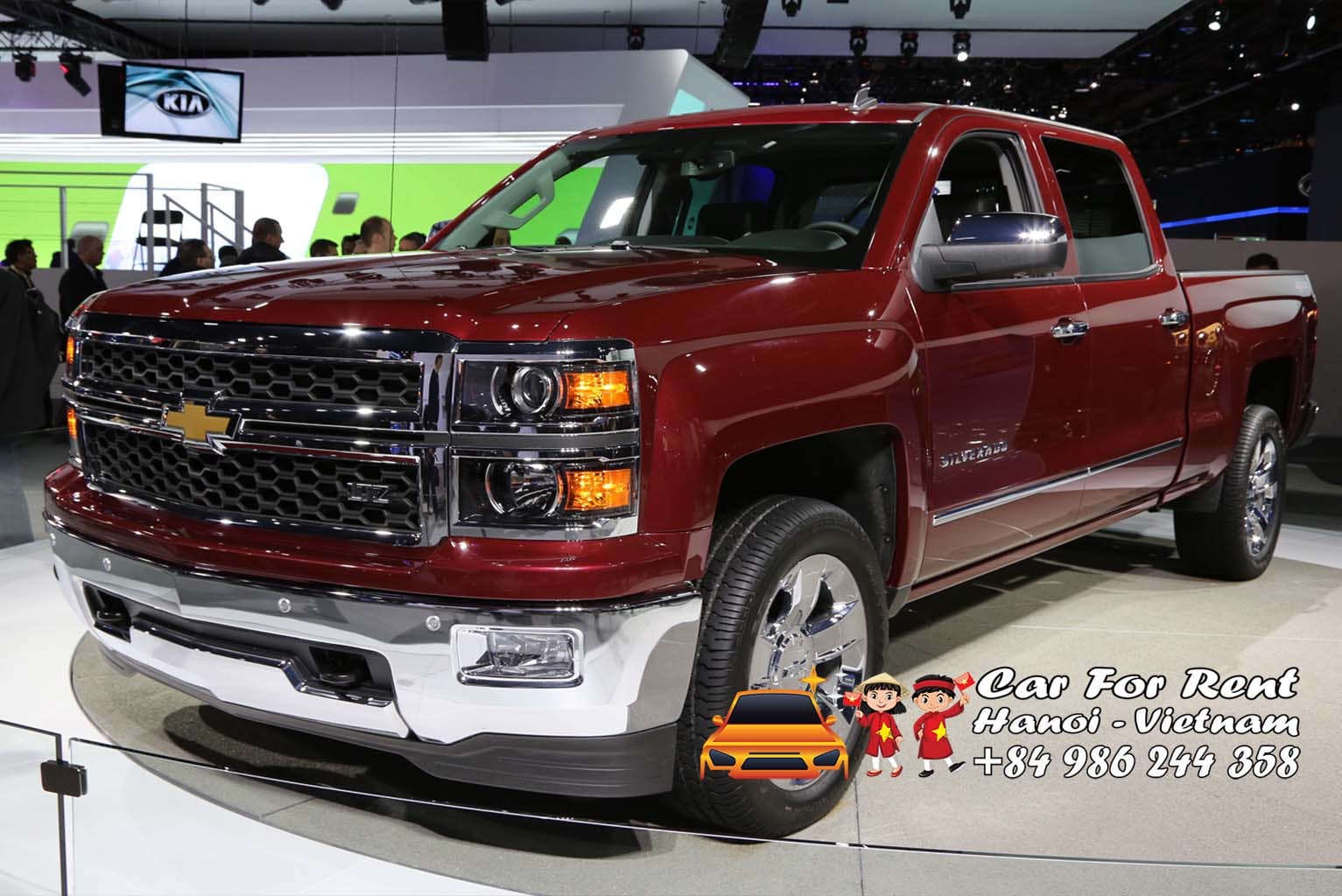car rental insurance Renting a car can be a convenient and cost-effective way to travel, whether you are on vacation, business, or any other occasion. However, renting a car also comes with some risks and responsibilities. One of the most important things you need to consider before you rent a car is car rental insurance.
Car rental insurance is a type of insurance that covers you and the rental car in case of an accident, theft, vandalism, or other damage. It can protect you from paying out of pocket for expensive repairs or medical bills, as well as from potential lawsuits or claims from third parties.
However, car rental insurance can also be confusing, complicated, and costly. You may wonder if you really need it, what it covers, how much it costs, and where to get it. In this blog post, we will answer these questions and more, so you can make an informed decision about car rental insurance and enjoy your trip with peace of mind.
Do You Need Car Rental Insurance?
The answer to this question depends on several factors, such as:

- Your personal auto insurance policy: If you have your own car insurance policy, it may cover you and the rental car for some or all of the risks involved in renting a car. However, this depends on the type and level of coverage you have, as well as the terms and conditions of your policy. For example, some policies may only cover you for liability (injuries or damage you cause to others), but not for collision or comprehensive (damage to the rental car). Some policies may also have limits or exclusions for rental cars, such as the value of the car, the duration of the rental, or the location of the rental. You should check with your insurance company or agent before renting a car to find out what your policy covers and what it doesn’t.
- Your credit card benefits: If you pay for the rental car with a credit card, you may have some car rental insurance benefits from your card issuer. However, this also depends on the type and level of benefits you have, as well as the terms and conditions of your card agreement. For example, some cards may only offer secondary coverage (meaning they only pay after your personal auto insurance policy has paid), but not primary coverage (meaning they pay regardless of your personal auto insurance policy). Some cards may also have limits or exclusions for rental cars, such as the type of car, the duration of the rental, or the location of the rental. You should check with your card issuer before renting a car to find out what benefits you have and what they don’t.
- Your destination: If you are renting a car in another country, you may need to buy car rental insurance from the rental company or a third-party insurer. This is because your personal auto insurance policy or credit card benefits may not cover you outside your home country, or they may not meet the minimum requirements of the local laws and regulations. You should check with your insurance company or agent and your card issuer before renting a car abroad to find out what coverage you have and what you need.
- Your risk tolerance: Even if you have some coverage from your personal auto insurance policy or credit card benefits, you may still want to buy additional car rental insurance from the rental company or a third-party insurer. This is because your existing coverage may not be enough to cover all the potential costs and liabilities involved in renting a car. For example, if you cause an accident that results in serious injuries or damage to others, you may be sued for more than your liability limit. Or if your rental car is stolen or totaled, you may have to pay for the full value of the car minus its salvage value. You should assess your risk tolerance and decide how much protection you want before renting a car.
What Does Car Rental Insurance Cover?
There are many different types of car rental insurance coverage, deciding which one to take depends on the level of protection you would like to obtain; some cover only the vehicle you rented, others also cover injuries or damage caused to others or to yourself and your passengers. Here are some of the most common types of car rental insurance coverage and what they cover:
-
- Collision damage waiver (CDW) or loss damage waiver (LDW): This is not technically insurance, but a waiver that releases you from responsibility for any damage or loss to the rental car, regardless of who is at fault. It usually covers the full value of the car minus its salvage value, as well as any towing or administrative fees. However, it may not cover damage to tires, windows, mirrors, roof, undercarriage, or interior. It may also be voided if you violate the rental agreement, such as driving recklessly, driving under the influence, or driving on unauthorized roads.
- Liability insurance: This covers you for any injuries or damage you cause to other people or their property while driving the rental car. It usually covers bodily injury and property damage up to a certain limit per accident. However, it does not cover your own injuries or damage to the rental car. It may also have a deductible, which is the amount you have to pay out of pocket before the insurance pays.
- Personal accident insurance (PAI): This covers you and your passengers for any medical expenses or death benefits resulting from an accident while driving the rental car. It usually covers medical expenses up to a certain limit per person and per accident, and death benefits up to a certain limit per person and per accident. However, it does not cover any injuries or damage caused to others or their property. It may also have a deductible.
- Personal effects coverage (PEC): This covers you and your passengers for any loss or theft of your personal belongings while in the rental car. It usually covers personal effects up to a certain limit per person and per rental period. However, it does not cover any loss or theft of items that are not in the rental car, such as in your hotel room or luggage storage. It may also have a deductible.
How Much Does Car Rental Insurance Cost?
The cost of car rental insurance depends on several factors, such as:
- The type and level of coverage you choose: The more coverage you buy, the more expensive it will be. For example, buying a CDW/LDW plus liability insurance plus PAI plus PEC will cost more than buying only a CDW/LDW.
- The rental company or insurer you buy from: Different rental companies or insurers may charge different rates for the same type of coverage. For example, buying a CDW/LDW from one rental company may cost $15 per day, while buying it from another may cost $25 per day.
- The location and duration of your rental: The cost of car rental insurance may vary depending on where and how long you rent the car. For example, renting a car in New York City may cost more than renting a car in Orlando. Renting a car for a week may cost more than renting a car for a day.
According to Allianz Global Assistance , their OneTrip Rental Car Protector provides primary coverage for covered collision, loss and damage up to $50,000 for only $11 per calendar day. This is much cheaper than buying a CDW/LDW from most rental companies, which can range from $10 to $30 per day.
Where to Get Car Rental Insurance?
There are several options for getting car rental insurance, such as:
- Your personal auto insurance policy: As mentioned above, your personal auto insurance policy may cover you and the rental car for some or all of the risks involved in renting a car. However, this depends on the type and level of coverage you have, as well as the terms and conditions of your policy. You should check with your insurance company or agent before renting a car to find out what your policy covers and what it doesn’t. You should also consider the potential drawbacks of using your personal auto insurance policy for car rental insurance, such as:
- You may have to pay a deductible before your insurance pays for any damage or loss to the rental car.
- You may have to pay for any damage or loss that exceeds your coverage limit.
- You may have to file a claim with your insurance company and deal with the hassle and paperwork involved.
- You may face higher premiums or lose discounts if you file a claim with your insurance company.
- Your credit card benefits: As mentioned above, if you pay for the rental car with a credit card, you may have some car rental insurance benefits from your card issuer. However, this also depends on the type and level of benefits you have, as well as the terms and conditions of your card agreement. You should check with your card issuer before renting a car to find out what benefits you have and what they don’t. You should also consider the potential drawbacks of using your credit card benefits for car rental insurance, such as:
- You may only have secondary coverage, meaning you have to use your personal auto insurance policy first before your credit card benefits kick in.
- You may only have partial coverage, meaning you still have to buy some coverage from the rental company or a third-party insurer.
- You may have to decline the rental company’s CDW/LDW in order to activate your credit card benefits.
- You may have to pay for the entire rental with your credit card in order to activate your credit card benefits.
-
- The rental company: You can buy car rental insurance from the rental company when you pick up the car. The rental company will offer you various types of coverage, such as CDW/LDW, liability insurance, PAI, PEC, etc. However, this option may be the most expensive and least flexible one. You should consider the potential drawbacks of buying car rental insurance from the rental company, such as:
- You may pay more than you need for coverage that you already have from your personal auto insurance policy or credit card benefits.
- You may face high-pressure sales tactics from the rental agent who may try to upsell you on coverage that you don’t need or want.
- You may not be able to cancel or modify your coverage once you sign the contract.
- A third-party insurer: You can buy car rental insurance from a third-party insurer online or by phone before or during your trip. A third-party insurer is an independent company that specializes in providing car rental insurance. This option may be the cheapest and most flexible one. You should consider the potential benefits of buying car rental insurance from a third-party insurer, such as:
- You may pay less than you would for buying coverage from the rental company or using your personal auto insurance policy or credit card benefits.
- You may get primary coverage, meaning you don’t have to use your personal auto insurance policy or credit card benefits first before your third-party insurer pays.
- You may get more comprehensive coverage, meaning you don’t have to buy any additional coverage from the rental company or elsewhere.
- You may be able to cancel or modify your coverage anytime before or during your trip.
One example of a third-party insurer that provides car rental insurance is Allianz Global Assistance , which offers OneTrip Rental Car Protector that provides primary coverage for covered collision, loss and damage up to $50,000 for only $11 per calendar day.
- The rental company: You can buy car rental insurance from the rental company when you pick up the car. The rental company will offer you various types of coverage, such as CDW/LDW, liability insurance, PAI, PEC, etc. However, this option may be the most expensive and least flexible one. You should consider the potential drawbacks of buying car rental insurance from the rental company, such as:
The final step to renting a car is to compare and choose the best car rental insurance option for your needs and budget. Here are some tips on how to do that:
- Compare the coverage and cost of different options: You should compare the type and level of coverage, the limits and exclusions, the deductibles and fees, and the customer service and claims process of different options. You should also compare the total cost of each option, including the rental car rate and the insurance rate. You can use websites like KAYAK or NerdWallet to compare different options online.
- Choose the option that meets your needs and preferences: You should choose the option that provides enough protection for you and the rental car, without paying for unnecessary or duplicate coverage. You should also choose the option that suits your preferences in terms of convenience, flexibility, and reliability. For example, if you want to avoid hassle and paperwork, you may prefer buying car rental insurance from a third-party insurer rather than using your personal auto insurance policy or credit card benefits.
- Review and confirm your option before renting the car: You should review and confirm your chosen option before renting the car. You should read the terms and conditions carefully and make sure you understand what is covered and what is not. You should also check your reservation confirmation number, driver’s license, credit card, and any other required documents before arriving at the pick-up location. You should also decline any unwanted or duplicate coverage offered by the rental agent at the counter.
Contact us:
Car For Rent Hanoi VietNam
https://zalo.me/0986244358
Conclusion
Car rental insurance is a vital part of renting a car. It can protect you from paying out of pocket for expensive repairs or medical bills, as well as from potential lawsuits or claims from third parties. However, car rental insurance can also be confusing, complicated, and costly. You need to know if you need it, what it covers, how much it costs, and where to get it.
In this blog post, we have explained everything you need to know about car rental insurance, including:
- Do you need car rental insurance?
- What does car rental insurance cover?
- How much does car rental insurance cost?
- Where to get car rental insurance?
- How to compare and choose car rental insurance?
We hope this blog post has been helpful for you. If you have any questions or comments about car rental insurance, please feel free to contact us anytime.












